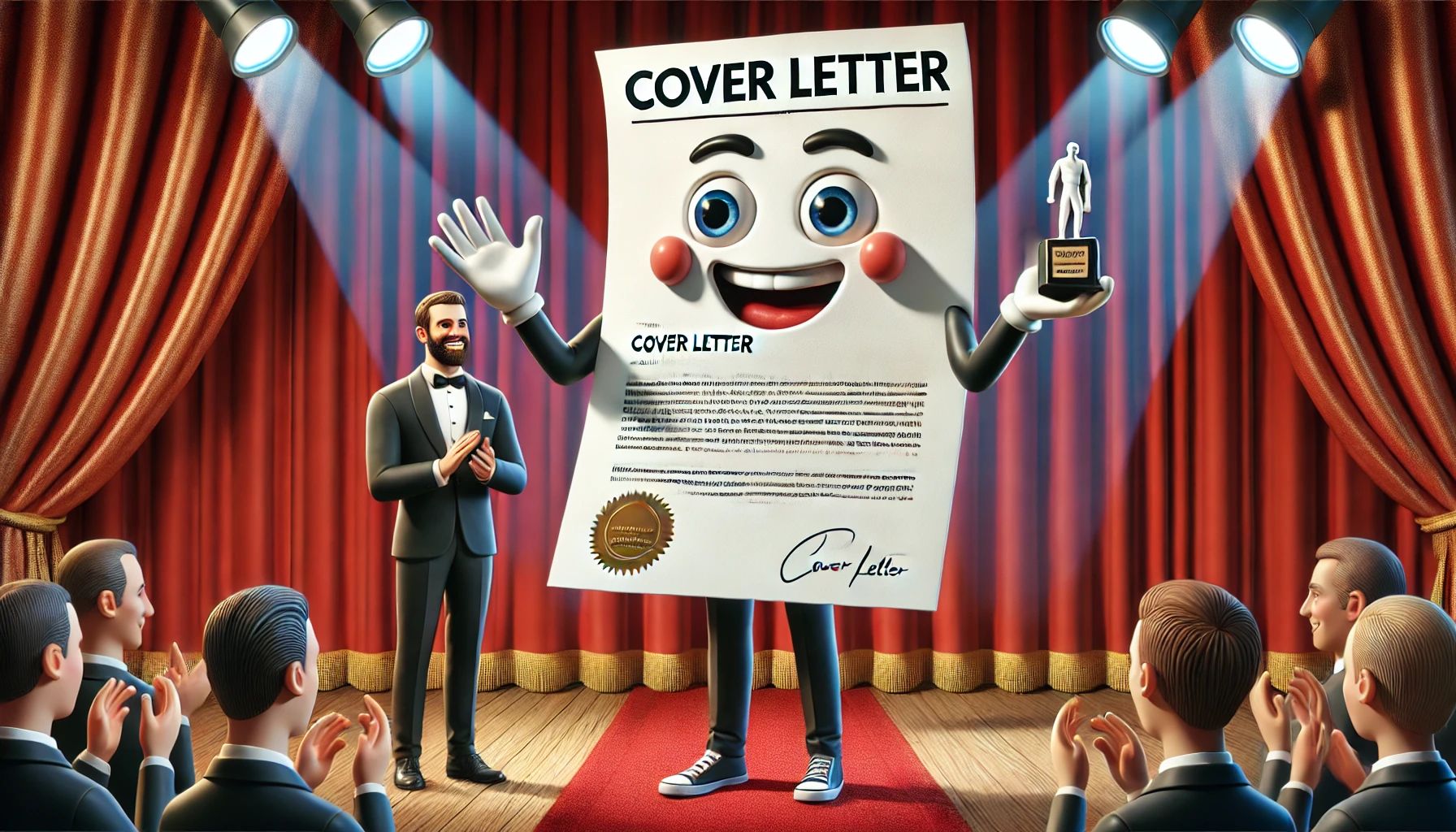
When most people prepare their own resumes, they do so from their own point of view. The theme of the project becomes “I have a wealth of skills and experiences that can benefit any employer. How do I summarize that best in a one or two page document and communicate it all?” What they do not realize is that the problem is their perspective. No shame in that. It is natural to take this approach. But it is dead wrong.
A good resume is not written for the applicant. It is written for the reader. The question you should always ask when preparing your resume is “What problems does the employer likely need resolved, and how do I communicate my ability to resolve them?” Newsflash, people! Most professionals charged with the task of reading resumes really don’t want to do so. They are frustrated, distracted, and may have to go through dozens, if not hundreds of resumes before selecting a small number to come in for an interview. The last thing that you want is to have them fishing around in your resume to find the information relevant to their situation. Most will simply not bother, and move on to the next one.
Another issue that our multi-skilled applicant will have is that if your resume communicates “executive” but the position you seek is “middle management”, most readers will step back to try figuring out why you are applying for a position that seems to be beneath your talent. Hiring managers are usually hesitate to bring aboard someone in such a situation simply because they wonder whether or not this type of applicant will be happy in a position that seems to be below their skill set. Or, they may feel that at the salary the available position offers, someone of that level will eventually want more money. Neither scenario is one that the hiring manager wants to take on. It simply means trouble down the road, resulting in having to go through the hiring process all over again.
Employers look for a “good match”, and a good resume will clearly show one. That is not to say that an executive does not legitimately want a position with less responsibility. Many in the twilight of their careers seek opportunities to shed some of their high stress responsibilities. But your reader will not necessarily get this right away just by looking at your resume. The goal of a good resume is to give the reader what they need to make a decision to bring you in. So if that means not including the fact that you ran a $12.3 million business on your resume, then that is what you have to do. Does Target really need to know that you managed more than 2000 employees in a region in order for you to get an interview for an Assistant Manager position?
Books are written for the audience. Movie scripts are written for the audience. A good resume is no different. If you want rave reviews, as well someone to call you in to learn more, give them what they need to know, not what you feel you have to say.
























